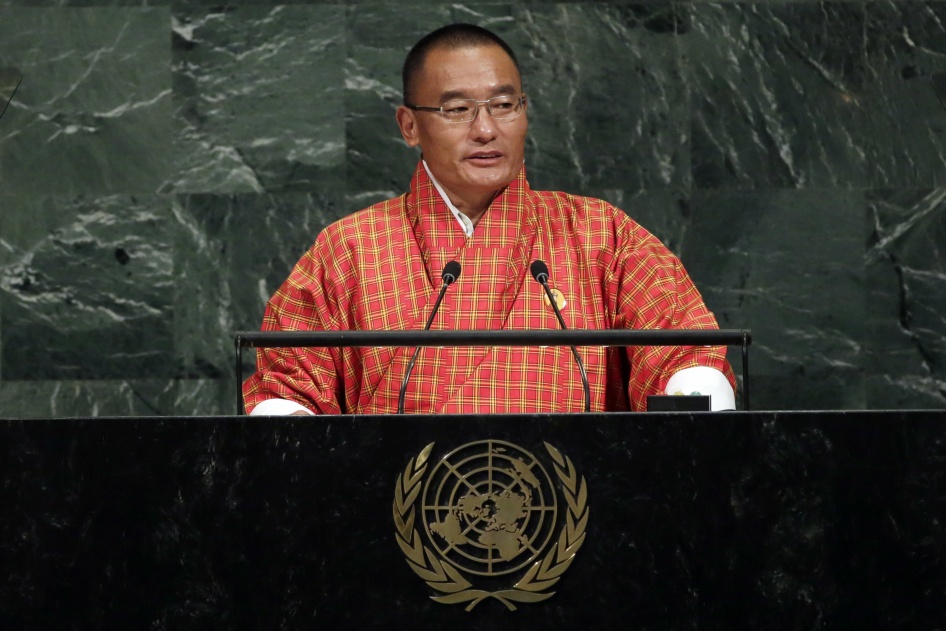(New York) – Bhutan’s new government should uphold the economic and social rights of Bhutanese people, many of whom are struggling to meet their basic needs, and release all political prisoners, Human Rights Watch said in a letter released today to Prime Minister Tshering Tobgay. Tobgay was sworn in as prime minister on January 25, 2024, following his People’s Democratic Party’s victory in recent elections.
Human Rights Watch has identified at least 36 people convicted of political offenses following unfair trials that frequently relied on confessions coerced under torture. They are referred to in Bhutanese law, and by prison officials, as rajbandi (state or royal prisoners), “anti-national,” or “political prisoners.” Many have been imprisoned for decades serving sentences of life without parole and are denied contact with their families or the outside world, in violation of international standards.
“These prisoners’ cases date back to a time before Bhutan’s transition to democracy in 2008, when they received unfair trials that condemned them to spend their lives in prison,” said Elaine Pearson, Asia director at Human Rights Watch. “It is time to end a painful chapter of history, which is at odds with the values espoused by the Kingdom of Bhutan today, and return these prisoners to their families.”
The conditions in which political prisoners are held have declined drastically in recent years. Food rations have been cut, yet prisoners are obliged to sell a portion of their food to police and prison guards to buy medicine and clothes, which the authorities do not provide. Prisoners have inadequate means to stay warm, including inadequate bedding. At least four prisoners in the “anti-national” block at Chemgang Jail are believed to have serious health problems, allegedly resulting from mistreatment while in detention. Other political prisoners are held at Rabuna and elsewhere.
Prisoners in similar cases have been released by the Royal Government of Bhutan in the past. In 1999, His Majesty King Jigme Singye Wangchuck granted amnesty to 40 political prisoners, including some serving life sentences. In 2022, His Majesty King Jigme Khesar Namgyel Wangchuck granted amnesty to a political prisoner serving a life term.
The Kingdom of Bhutan is known around the world for espousing enlightened values, including compassion and the pursuit of gross national happiness. The government should uphold those values, as well as international legal standards, and end the suffering of these prisoners and their families by releasing them, Human Rights Watch said.
Prime Minister Tobgay noted in his election campaign that about one in eight Bhutanese are “struggling to meet their basic needs for food” amid “unprecedented economic challenges and mass exodus” of people moving abroad and made a commitment to address these problems.
The Bhutanese government should ensure that all Bhutanese are able to access quality public services including health and education, as well as social security programs that ensure an adequate standard of living, Human Rights Watch said. Major infrastructure projects, such as the proposed new “mindfulness city” at Gelephu, should be caried out in a manner that upholds the rights of local people.
“Bhutan has sought to cultivate its global image by espousing ‘gross national happiness’ and articulating ideals such as compassion,” Pearson said. “We hope that Prime Minister Tobgay’s government will put those principles into practice by releasing political prisoners and pursuing economic policies that advance the welfare of all Bhutanese.”








